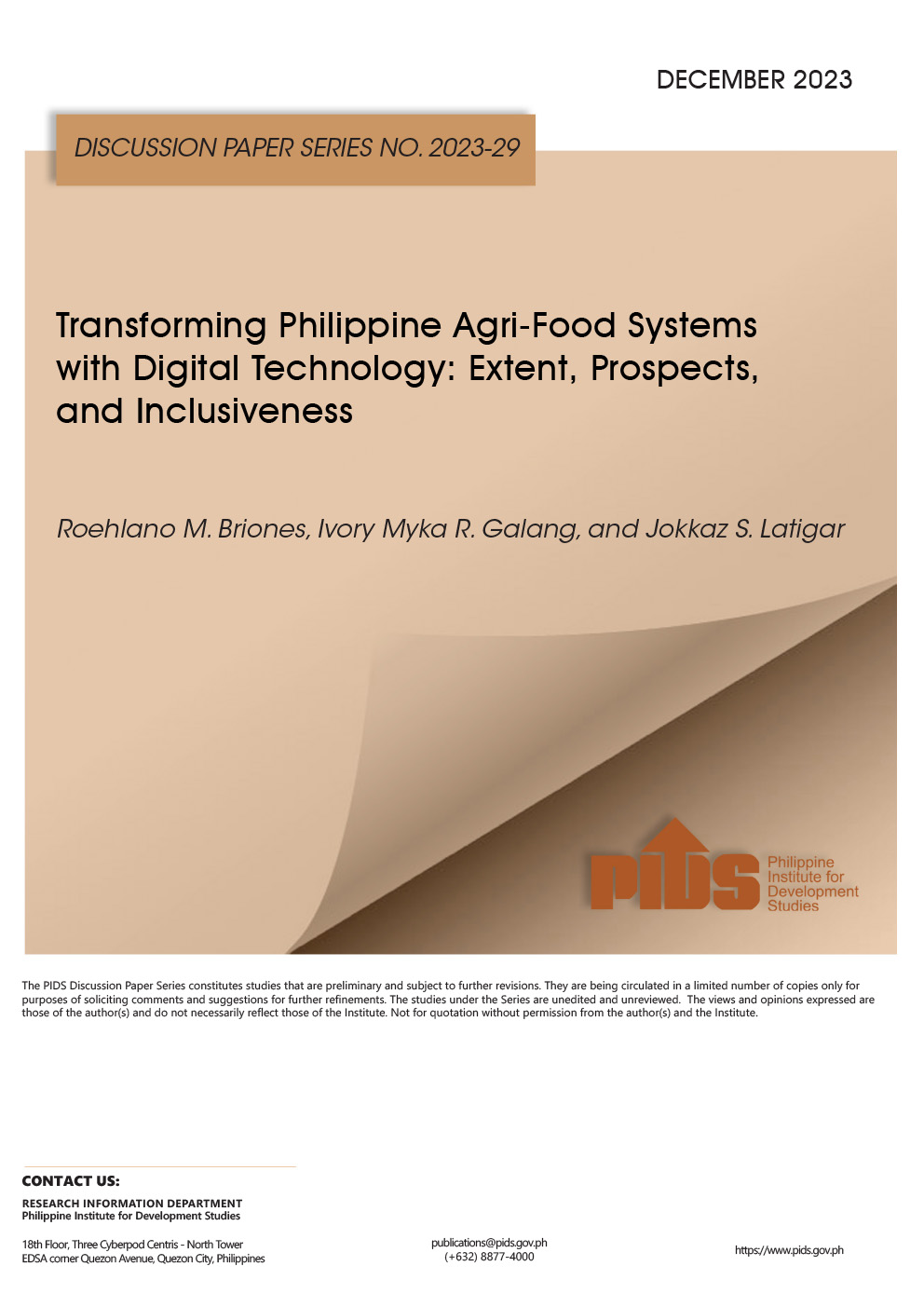Economic managers are pushing for rice importation by the private sector to temper rising prices of the Filipino staple food.
“The stand of the economic team is timely rice importation because it’s not possible, at least in the near- to medium-term, to be [rice] sufficient,” Socioeconomic Planning Secretary and Ernesto M. Pernia told reporters on the sidelines of The Dutertenomics Forum yesterday.
Asked if economic managers preferred private or government-to-government importation, Pernia, who heads state planning agency National Economic and Development Authority, said it should be the private sector.
With private sector importation, the government does not spend. If it’s government-to-government, it adds to the debt of the NFA, which is already P211 billion,” added Pernia, referring to state-run National Food Authority, the agency mandated to stabilize both the supply and prices of rice.
Pernia said the economic managers would inform the President about their position with regards this issue.
For Finance Secretary Carlos G. Dominguez III, he said he was concerned about keeping inflation low. “As finance secretary I am very interested to keep the inflation rate down, particularly inflation on rice because it hits the poor people harder than the more affluent people,” explained Dominguez, who heads the Duterte administration’s economic team. The interagency NFA Council reportedly met yesterday but the economic managers said they have yet to know what transpired during the meeting. Pernia earlier told the Inquirer that among the measures that could mitigate rising prices of basic goods included “passing the law that can tarrify rice in lieu of qualitative restriction (QR)” as well as “reforming the National Food Authority to allow timely importation to forestall impending shortages.” Pernia said Neda was amenable to the proposal of state-run think tank Philippine Institute for Development Studies (PIDS) to slap a 35-percent tariff on rice when the import quota system expires by the middle of this year. Besides tarrification, PIDS was also pitching subsidies to farmers to improve agricultural productivity.
NEDA chief disagrees with Piñol — Pernia favors private sector importation of rice to curb inflation












